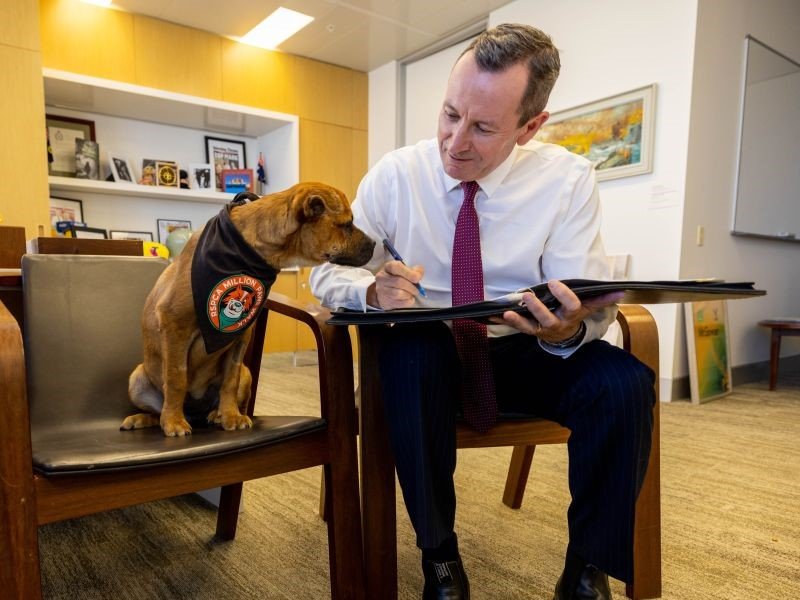Western Australia’s innovation fund and digital health programs have seen a significant boost in the state government’s 2023 Budget as annual economic growth hits a nine-year high.
The New Industries Fund (NIF), which awards grants for innovative startups, scaleups, and venture capital funds, will grow by $9.1 million (55 per cent) over the next two years, following the release of a 10-year innovation strategy in December 2022.
The fund sits within the broader Investment Attraction Fund, which the government committed to topping up by more than $105 million (58 per cent) in December 2022.
The current iteration of the NIF was originally a $16.7 million commitment over four years from 2021-22, but will now total $25.8 million.
Additional funding for the government’s digital transformation programs can also be found in the Budget, with new funding for the ServiceWA App, Electronic Medical Records (EMR) system, an electronic referral management system, and cybersecurity.
The government has also committed $500,000 to develop a Digital Economy Strategy.
Overall, the WA Budget forecasts a $3.3 billion surplus for 2023-24, off the back of a nine-year high annual economic growth rate of 4.25 per cent in 2022-23.

Under the Department of Health, an additional $58 million is being committed to ICT projects that “improve access to specialist outpatient services through implementation of the Smart Referrals electronic referral management system, as well as enhanced cyber security protection”.
Of this, $11 million is to “provide higher overall cyber resilience across the health system, which will protect the confidentiality, integrity and privacy of WA Health and patient information”, according to the Budget papers.
There is also $99.4 million to complete stage one of the EMR roll out, which was revealed to be in the Budget last week. It was originally outlined in the WA Health Digital Strategy 2020-2030, launched in 2019.
In last year’s state Budget, the rollout of the EMR received an additional $4.4 million over the forward estimates although actual estimated spend in 2022-23 is expected to be more than $15 million.
The additional funding is on top of the $51.7 million allocated to the program in previous state Budgets, according to the state government.
WA Health will also pay an additional $81.7 million for its enterprise agreement with Microsoft between 2022 and 2027. An in-principle agreement to vary the Microsoft Common Use Agreement was signed by Innovation and Digital Economy minister Stephen Dawson last year.
At the Department of Premier and Cabinet, where the Office of Digital Government sits, there is an additional $2.86 million across 2022-23 and 2023-24 to fund the development of new services on the ServiceWA App and an additional $4.86 million for the operation of the app in 2023-24.
A $3 million contract was awarded to two local firms earlier this year for development work on ServiceWA.
Through the Climate Action Fund, there is also $3 million for renewable hydrogen planning activities and $1.3 million to undertake four studies in support of the Heavy Industry Sectoral Emissions Reduction Strategy.
Announcing the release of the Budget on Thursday, Premier and Treasurer Mark McGowan said the government is “setting our state up for the future and ensuring Western Australia is in a strong position for generations to come”.
Deputy Premier and State Development, Jobs and Trade minister Roger Cook added that the investments in the 2023-24 budget complement the priorities of the past two years.
“This Budget we have committed funding for a range of local industries, including energy, tourism and events, international education, primary industries, and science, innovation and technology,” Mr Cook said.
“We are continuing to invest in broadening WA’s economic base by adding value to existing industries and supporting new industries.”
Do you know more? Contact James Riley via Email.

